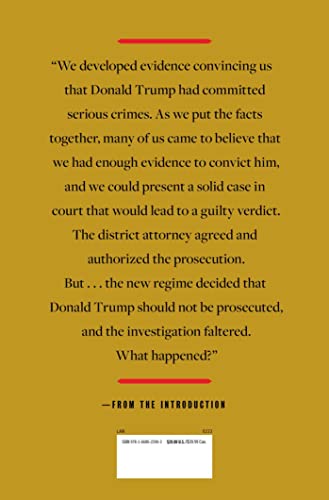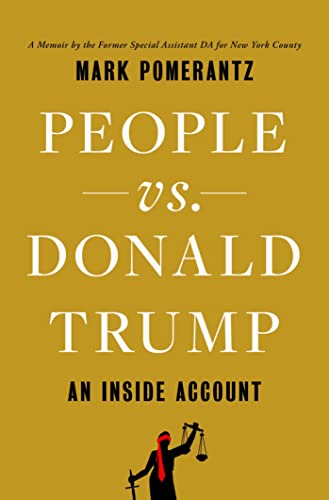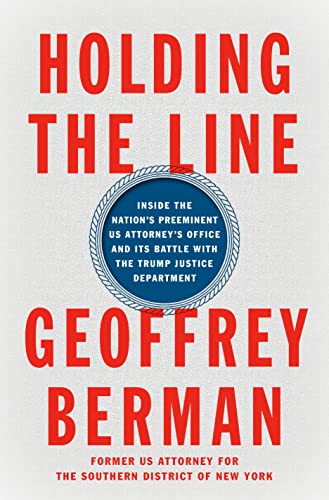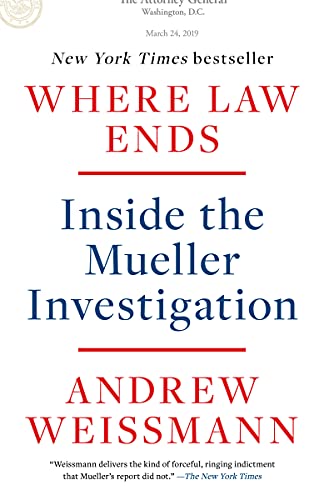An unprecedented work of civil rights and legal history, Presumed Guilty reveals how the Supreme Court has enabled racist policing and sanctioned law enforcement excesses through its decisions over the last half-century. Police are nine times more likely to kill African-American men than they are other Americans―in fact, nearly one in every thousand will die at the hands, or under the knee, of an officer. As eminent constitutional scholar Erwin Chemerinsky powerfully argues, this is no accident, but the horrific result of an elaborate body of doctrines that allow the police and, crucially, the courts to presume that suspects―especially people of color―are guilty before being charged. Today in the United States, much attention is focused on the enormous problems of police violence and racism in law enforcement. Too often, though, that attention fails to place the blame where it most belongs, on the courts, and specifically, on the Supreme Court. A “smoking gun” of civil rights research, Presumed Guilty presents a groundbreaking, decades-long history of judicial failure in America, revealing how the Supreme Court has enabled racist practices, including profiling and intimidation, and legitimated gross law enforcement excesses that disproportionately affect people of color. For the greater part of its existence, Chemerinsky shows, deference to and empowerment of the police have been the modi operandi of the Supreme Court. From its conception in the late eighteenth century until the Warren Court in 1953, the Supreme Court rarely ruled against the police, and then only when police conduct was truly shocking. Animating seminal cases and justices from the Court’s history, Chemerinsky―who has himself litigated cases dealing with police misconduct for decades―shows how the Court has time and again refused to impose constitutional checks on police, all the while deliberately gutting remedies Americans might use to challenge police misconduct. Finally, in an unprecedented series of landmark rulings in the mid-1950s and 1960s, the pro-defendant Warren Court imposed significant constitutional limits on policing. Yet as Chemerinsky demonstrates, the Warren Court was but a brief historical aberration, a fleeting liberal era that ultimately concluded with Nixon’s presidency and the ascendance of conservative and “originalist” justices, whose rulings―in Terry v. Ohio (1968), City of Los Angeles v. Lyons (1983), and Whren v. United States (1996), among other cases―have sanctioned stop-and-frisks, limited suits to reform police departments, and even abetted the use of lethal chokeholds. Written with a lawyer’s knowledge and experience, Presumed Guilty definitively proves that an approach to policing that continues to exalt “Dirty Harry” can be transformed only by a robust court system committed to civil rights. In the tradition of Richard Rothstein’s The Color of Law, Presumed Guilty is a necessary intervention into the roiling national debates over racial inequality and reform, creating a history where none was before―and promising to transform our understanding of the systems that enable police brutality. Frontispiece and part openers

Presumed Guilty: How the Supreme Court Empowered the Police and Subverted Civil Rights
#ad
Author: Chemerinsky, Erwin
Binding: Paperback
ISBN: 9781324091974
Details:
Author: Chemerinsky, Erwin
Binding: Paperback
Number Of Pages: 384
Release Date: 09-08-2022
Package Dimensions: 8.2 x 5.4 x 1.0 inches Languages: English








